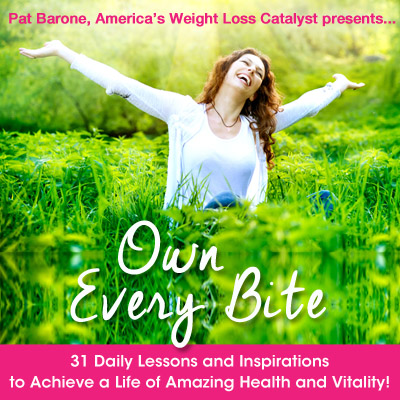I just returned from a week away to the news that British soul/jazz singer Amy Winehouse has died. Winehouse, who struggled with drug and alcohol addiction in the public eye while trying to maintain her career, was 27.
We seem inundated with addiction issues these days. Drugs. Alcohol. Food. Nicotine. Drama. Sex. Spending.
Artists, creatives and other sensitive personalities are often engaged in addictive behaviors, so it is no surprise many of my coaching clients fall into these categories. It’s tough to be gifted or sensitive in our society, which focuses on norms and achievement over nurturing and meaning. Addiction is a big bully, often continuing the role of the school yard bully years after we’ve grown beyond our school days.
I’ve written before about how addiction can waste precious gifts and talents (see the post on Elizabeth Taylor).
We could talk forever about the roots of Amy Winehouse’s addiction, and the way society enables and ostracizes and bullies the addict. But, in one of the stories announcing her death, I came across a heartbreaking quote that summed it up for me.
“I had writer’s block for so long,” she said in 2007. “And as a writer, your self-worth is literally based on the last thing you wrote…”
To me, that sums up the essence of her struggle. When we base our self-worth on ANYTHING outside ourselves, we’re doomed. Doomed to live a life of judgment, comparison and self-cruelty.
It’s easy for us to see her enormous talent and her self-worth as entirely separate from her last song, the performance of her last album on the charts, or what the critics might say. It’s easy for us to see her worthiness.
But she couldn’t.
Her death, however, can be seen as a gift if it “wakes us up” to what our addictions might be wasting. Do you have talents you are hiding? Are there risks you are avoiding? Was the world’s reaction to your latest endeavor less enthusiastic than you’d like? Are you going to let the world, or anything outside you, bully you into feeling less than enthusiastic about sharing your talents with the world?







Find myself getting tired of hearing these adiction stories. Everyone talks about the waste. There’s a choice these people make.
I agree we all have choice. Unfortunately, the addict doesn’t feel they do have choice; they lose track of that truth. Their compulsion is partly physical (after all addictive substances have that quality) and partly emotional. When I was addicted to food, I was operating under the (false) belief that food would solve my problems or soothe my pain. It didn’t, but I didn’t even notice that because I had already moved into guilt over the eating binge.
The re-establishment of choice is a huge step in growing past any addiction. If you are interested in growing past addiction, join my new class starting in September! Here’s the info.
Loved your statement about finding identity outside ourselves. I was raised to be totally focused externally–what other people will say, think, etc. And that cut off many of my choices and plenty of self-medication via food. Moving beyond that is being a delight/challenge now.
I agree! There’s a constant protection going on when we worry about what others will think. If we’re vulnerable to others’ opinions, we feel the need to wear a layer of heavy protection like an overcoat. What better protection (says the mind) than a layer of fat?
Several years ago a friend of mine said, in response to something “weird” that I did, “you have your reasons.” Sometime after that an influential speaker said that “every human being has unsurpassable worth.” These statements have shaped and encouraged me in ways I can’t begin to describe adequately in a blog comment. But, I will say this…like your first commenter, I am tired too, tired of other people thinking they have the simple, pat answer for those who struggle with addiction. If it were that easy don’t you think they would have done it already?? New neural pathways aren’t carved out over night!
You make a very good point Cheryl. It does take time to carve new pathways in the brain, and each journey is different. One of the reasons I became a coach was to support people as they take their unique journey. I recognized from my own experience that we are all different. Not everyone has to hit the cliched “rock bottom”; some people make changes quickly, others prefer slow; one person might need to address the physical part of weight loss first, and many need to address the mental (brain) part first.
I have found food addicts get even less understanding from non-addicts and the medical profession than other types of addiction. The “just stop eating” mentality among people who’ve never struggled with weight is huge. In fact, I find this “behind the scenes” with personal trainers all the time. I’ll do a blog post soon about a conversation I recently had with a trainer on this topic! Your comment has been a great reminder for me.
So glad we all have a way to connect and support each other!
Pat